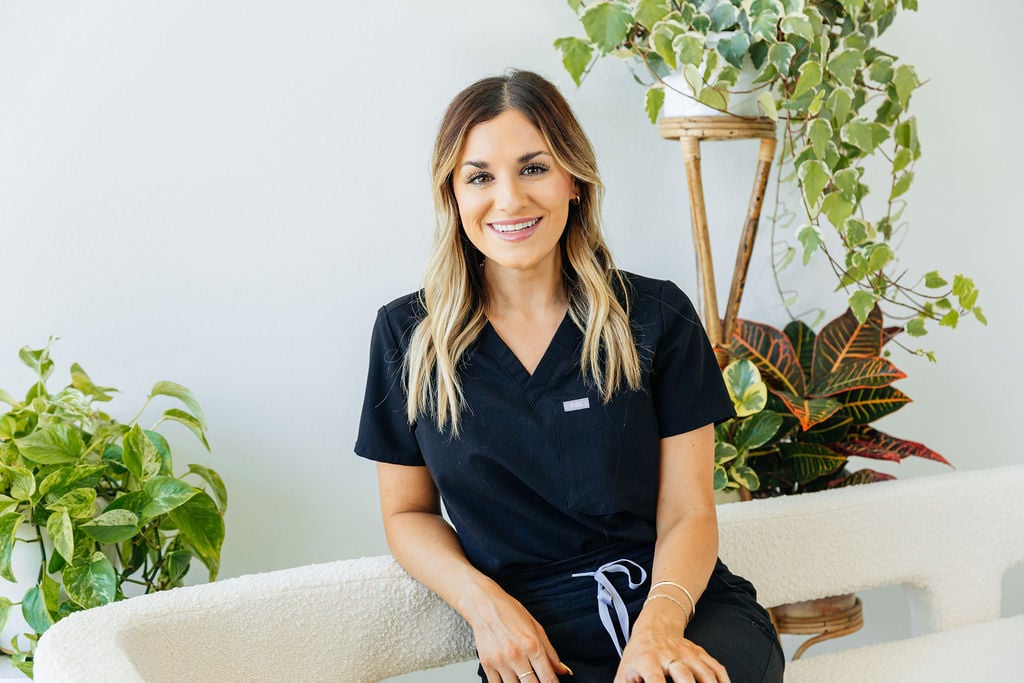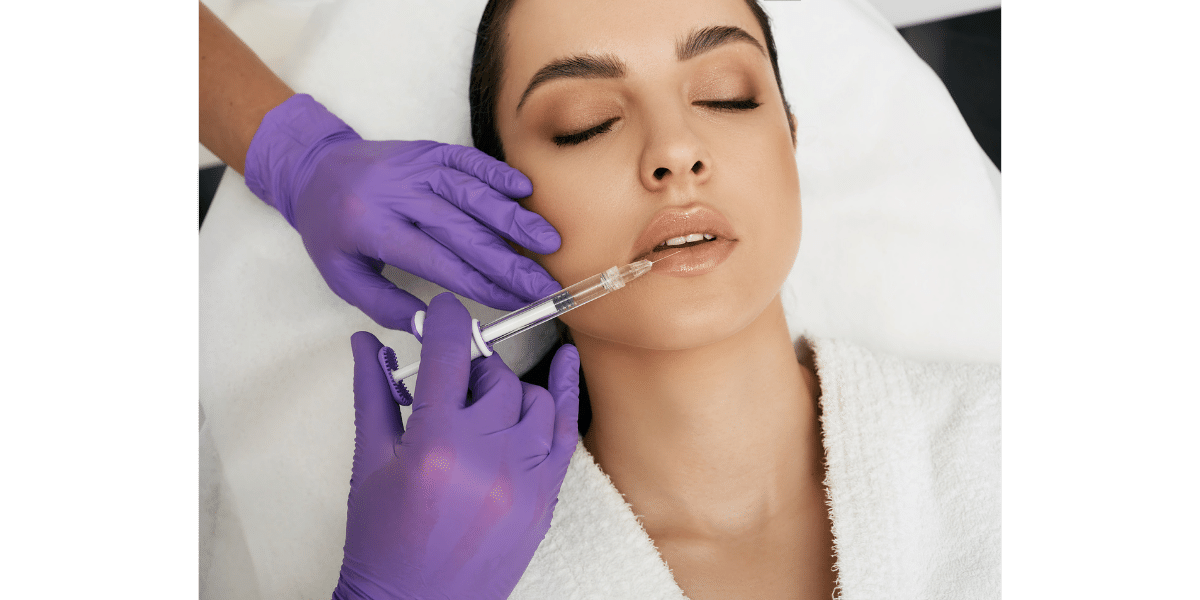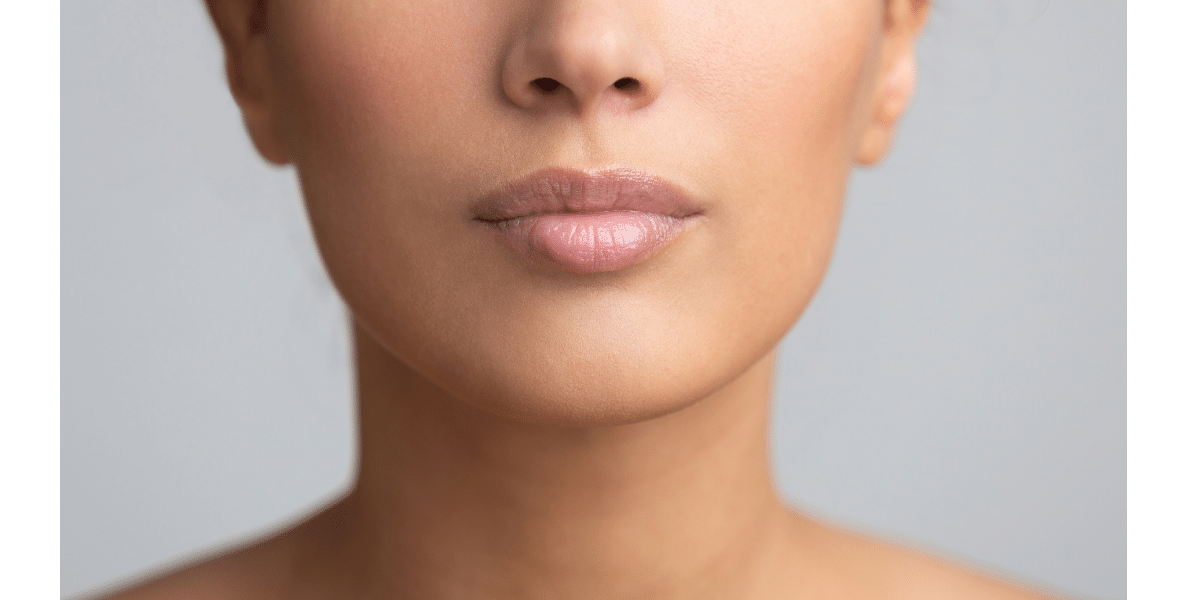Aesthetics
Drip IV Lounge & Aesthetics Baton Rouge, LA
Walk-Ins Welcome
*Walk-in appointments based on provider availability.
Botox
Dysport/Xeomin
at Drip IV
Book you Botox services at Drip IV Lounge & Aesthetics.
We are a member of American Med Spa Association (AMSA), and our clinician is trained and certified by Aesthetic Medical Educators Training (AMET).

.png)
-
What is Botox?
Botox injections are most recognized for the ability to reduce the appearance of facial wrinkles.
Botox has also been used to treat conditions such as neck spasms, excessive sweating, overactive bladder, lazy eye, and to prevent chronic migraines.
Although Botox is a well-known brand, it's essential to understand that it's not the only neurotoxin available. In addition to Botox, we proudly provide alternatives Dysport and Xeomin.
-
How does Botox work?
Botox injections block chemical signals that cause muscles to contract from nerves.
The most common use of these injections is to temporarily relax the facial muscles that cause wrinkles in the forehead and around the eyes.
-
What should I expect during a Botox procedure?
Botox injections are usually performed in a doctor or certified clinician's office.
A thin needle will be used to inject tiny amounts of neurotoxin into your skin or muscles.
-
How much Botox do I need?
The number of injections needed depends on many factors, including the extent of the area being treated.
-
What results should I expect from Botox?
About 7 days days after treatment, you may begin to notice the Botox injections working, with the full effect showing at 10-14 days.
Depending on the problem area being treated, the effect may last three months or longer.
To maintain the effect, you'll need regular follow-up injections.
-
Botox Pre & Post Care
Pre-Treatment Care
- Patients with certain medical conditions may not have this procedure done. These include those with any type of facial paralysis such as Bell’s palsy, Guillain-Barre Syndrome and Myasthenia Gravis.
- Patients who are pregnant or breastfeeding should not use Botox®, Dysport®, or any other neurotoxin.
- If okayed by your health care provider, do not take any blood thinning medications such as Ibuprofen, Advil, Vitamin E, Fish oil, Excedrin, Aleve, etc. for at least two weeks prior to your treatment.
- Avoid alcohol and caffeine at least three days prior to your appointment. This will help diminish the bleeding, bruising, and swelling during and after your injections, which will result in making the overall procedure and recovery more comfortable for you.
- Stay hydrated and avoid coming in on an empty stomach. This will also help provide comfort during your appointment.
Post-Treatment Care
- Do not lay flat for at least 4 hours.
- Avoid exercise and/or any activity getting your body temperature too high for 48 hours.
- Avoid wearing makeup and drinking alcohol for 24 hours.
- If okayed by your health care provider, avoid taking any blood thinning medications (listed above) for at least 8 hours after treatment. If you are tender right after you can take Tylenol.
- Ice the area as needed to help with any potential bruising and swelling.
Be sure to schedule a follow up appointment in 2 weeks! Full results take 10-14 days and can last for 3-6 months.
If you have any questions before or after your appointment, you can email us at br@dripivco.com or call us at 225-256-3634.


Lip Fillers
at Drip IV
Introducing our latest offering at Drip IV Lounge & Aesthetics.
When having a lip filler or a lip enhancement treatment, patients can instantly contour and volumize their lips without any downtime or surgery. Treatments take roughly 30-40 minutes to complete, and visible results are instant.
-
What is lip filler?
A filler is a hyaluronic acid-based gel that is injected and volumizes and lifts features of your face, such as the lips.
-
What is hyaluronic acid?
Hyaluronic Acid (HA) is a naturally occurring substance – a polysaccharide (a carbohydrate e.g. starch, cellulose, or glycogen with molecules consisting of sugar molecules that are bonded together) that we have in our body. It keeps our skin hydrated and firm.
-
Are there different kinds of lip fillers?
Yes, there are several different types of fillers. They have different formulas and therefore different lifting capacity. Some are flexible, some are not.
The specific product is selected based on your tissue quality and what kind of result you would like to achieve. If you have, for example, loose tissue in the lips (such as lines and wrinkles on the surface of the lip), it’s very important that a soft filler is chosen. We treat the lips with a soft filler in order to plump them up naturally, and after 4 weeks, a firmer filler is chosen to create the right shape, height and lifting of the lips. It is carried out in 2 sittings.
The type of filler that will be used is determined during your consultation.
-
Are there fillers for thin lips?
Yes, there is a treatment and it’s important not to over volumize them as you need only a small amount of product to create shape and lifting of the lips. Having patience is key for individuals with thin lips in the first year of treatment. It may help to get treatments up to 3-4 times in the first year.
-
What is the process for lip treatments?
First, we have a consultation. Together, we will discuss your lip goals and what you are looking to achieve. Then you fill out some paperwork. After this, you will be given topical numbing cream or a dental block which provides the most comfort during your treatment. After your treatment, you will receive post-care instructions. It’s important to know that the lips settle after 2 weeks. At this time, it’s good to return for a follow-up. This is where we learn about your thoughts, experiences and if you are satisfied. Going forward, we can plan your next appointment of building up your thin lips if needed.
-
If I bring a picture, can you replicate it?
Bringing a picture to show your provider can help them to get an idea of what you think is beautiful and what you would like to work toward. Ultimately, the result is dependent on your natural anatomy and what we can achieve working from there. It’s good to know what kind of shape and look that you like so that we can individualize the treatment and try to achieve results that are as similar as possible.
-
Is it painful?
Lips are the most sensitive treatment area on the face. You can have either a dental block where you inject lidocaine (a local anesthetic or numbing medication) so you won’t feel a thing or apply a topical anesthesia. You then sit about 15 minutes pre-treatment to get comfortably numb. We recommend a dental block to all clients with no contraindications as this provides the most comfort during the treatment.
-
Will there be a lot of swelling?
Regarding the healing process, expect 48 hours of visible swelling. After the second day the lips start to settle and feel natural again. It’s important to note that you may experience bruising, but makeup can cover this. It’s usually a small amount that can be covered up with lipstick, for example.
-
Can I resume normal activities after my lip treatment?
Directly after the treatment, try not to touch your lips (we don’t want any bacteria getting into the area). Don’t put any makeup on for 6 hours. Wait to eat for about an hour so – until the anesthesia (numbness) has disappeared. For the swelling, you can use ice or anti-histamines to reduce the swelling. Sleep with an extra pillow under your head on the first night. After 4-5 days, post treatment, I would recommend touching and feeling your way around your lips and if you feel lumps or bumps, rub them to flatten them out and massage them away.
-
Is there anything I can do about wrinkles on & around my lips?
While we are aging, a decrease in collagen, elastin, and hyaluronic acid leads to a decrease in our skin quality. That is when the lines are starting to appear. We also lose volume in our face. I like to restore the volume loss and give support to the tissue on the upper lip. It helps very nicely with the vertical fine lines. For the vertical lines on your upper lip, I’d recommend a very thin and soft filler. It would be injected superficially right under your skin to give tissue support.
-
If I have lip treatment, will it last forever?
Dermal fillers last, on average, 6-12 months with some lasting 24 months. In the first year, it can be good to do 1-2 retreatments in order to build up the volume of your lips.
-
What is the cost of a lip filler treatment?
We charge $650/treatment.
-
Lip filler Pre & Post Care
Pre-Treatment Instructions:
-
Dermal fillers must not be administered if you have had any vaccines, immunizations, procedures, illnesses, or dental work in the past two weeks and for an additional two weeks after fillers.
-
Do not use dermal fillers if you are pregnant or breastfeeding, are allergic to any of the ingredients, suffer from any neurological or autoimmune disorders, are experiencing any cold or flu-like symptoms, or have any active inflammatory processes (cysts, pimples, rashes, hives).
-
For optimal results, and to minimize the chance of bleeding or bruising at the injection site, please avoid all blood-thinning medications and supplements for one week prior to your appointment. This includes over-the-counter medication such as aspirin and ibuprofen. Also avoid herbal supplements such as garlic, vitamin E, ginko biloba, St. John's Wort and omega-3 capsules.
-
If you have a cardiovascular history, please check with your doctor prior to stopping use of aspirin.
-
Do not drink alcoholic beverages 24 hours before or after your treatment to avoid extra bruising.
-
Inform your provider if you have a history of Perioral Herpes to receive advice on antiviral therapy prior to treatment. (Valtrex for 5 days, starting 2 days prior to treatment)
-
Avoid topical products such as Tretinoin (Retin-A) retinols, retinoids, glycolic acid, alpha hydroxy acid, or any "anti-aging" products for two days before and after treatment.
Post-Treatment Instructions:
-
Avoid significant movement or massage of the treated area unless instructed by provider.
-
Avoid strenuous exercise or anything that increases your heart rate for 24 hours.
-
Avoid extensive sun or heat for 72 hours (no sauna, hot tub).
-
Avoid consuming excess amounts of alcohol or salts to avoid excessive swelling.
-
You may apply a cool compress or ice pack for 15 minutes each hour while awake to reduce swelling.
-
Use Tylenol (acetaminophen) for discomfort if not allergic. No NSAIDs (ibuprofen, aspirin) for 24 hours as they can increase bleeding.
-
Try to sleep face up and slightly elevated if you experience swelling.
-
You may want to consider taking Arnica (found in health food stores) to help with the bruising and swelling.
-
Avoid wearing makeup the day of procedure.
-
Sanitize your phone before putting it to your face and try to talk on speaker phone as much as you can day of.
-
Wait a minimum of two weeks before dental work, immunizations, or laser treatments. Dermal fillers last, on average, 6-12 months with some lasting 24 months.
-
It is recommended at the time of your treatment to schedule your next appointment to maximize your benefit. Typically, this is best done two weeks post-treatment.
-
The most typical side effects are bruising, swelling, and redness. These are temporary and will resolve. However, please call the office at 225-256-3634 to notify us if you experience any additional side effects.
-











